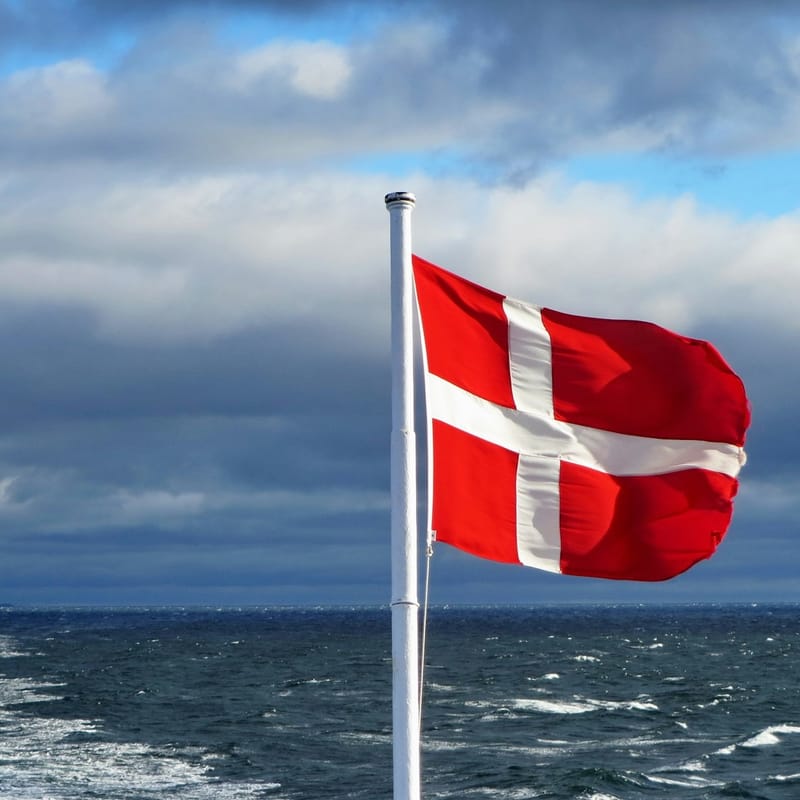Is Brussel's regulation of tech on the ballot at the EU elections?
Despite the tough moves from Brussels, it's clear that general economic trends and nation-specific worries will dominate the ballot box more than tech rules.

Across the European Union this weekend, millions will vote for their members of parliament who will sit in Brussels and Strasbourg for the next five years to represent them.
Fitting for Europe, it will be a referendum on a cornucopia of national issues somewhat divorced from backroom policymaking in Brussels.
Whether it's migration, Russia's invasion of Ukraine, inflation, the economy, or climate policy, each member state's elections reflect a particular debate about Europe's direction and how it will progress.
While the headlines have focused on the rise of the "far-right" and potential parliamentary coalitions, specific discussion about the EU's legislative track record have left us wanting.
The Digital Markets Act, Digital Services Act, and AI Act represent years of vast regulatory projects that stand to impact hundreds of millions of European consumers. More directly, they impact the thousands of startups and tech projects that hope to prosper on the continent.
From content rules and targeted advertising to limits on algorithms and computes by artificial intelligence, the EU's tech regulation is expansive, and admittedly difficult to quantify. Recently, the AI Act has been the most debated, and Eglė does a great job of comparing AI rules globally with those in Europe.
Why is this not a bigger issue?
Under the guise of the DMA, though, virtually every American tech company which considerable presence in Europe has been targeted for some kind of action or penalty. DSA promises to do much more, and we know the impact the AI Act is already having on investment.
While these massive projects took significant time and resources to implement, they've received scant mention in most coverage of voting in member states. It's been difficult to find any polls that put this regulation as a question to be asked around election time.
Public debate about these various regulations has also been rather limited to the niche news outlets in Brussels, and some academic opinions, while national discourse from most of the member states has managed to look the other way.
Rather than industry-specific rules or actions, it's clear that economic woes have continued to take up more space in voters' heads, and for good reason. A quarterly GDP growth of 0.3% has a way of not inspiring confidence. The ECB's recent announcement of an interest rate cut may have been orchestrated with that in mind.
In each country, there is no doubt that the present mood on growth and the economy will reign supreme, as well as overall thoughts about the European project.
What's the verdict?
Pointedly, despite the EU's massive interventions into the tech regulatory arena, we know the impact on voting behavior will likely be limited and more tied to overall economic trends and domestic opinion on various political parties and their allies in Brussels.
While we hope to see much more discussion in national capitals on what the EU is doing in our name, we know there is still much work to do to defend tech innovation and provide for an abundant future.
What do you think about the impact of DMA, DSA, and the AI Act on the European elections? Will it matter at all, or will the pure partisan play decide how these projects are decided in the future?
Let us know in the comments below.






